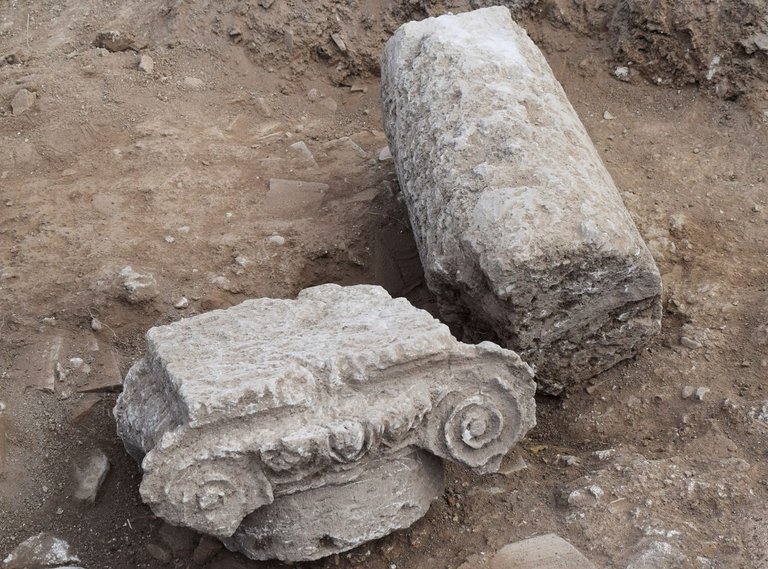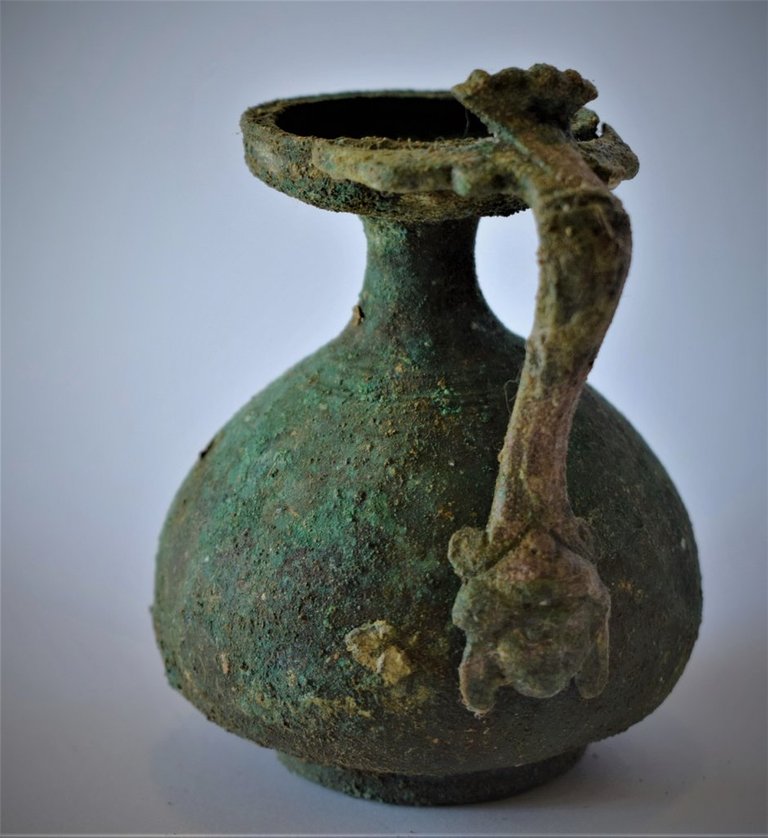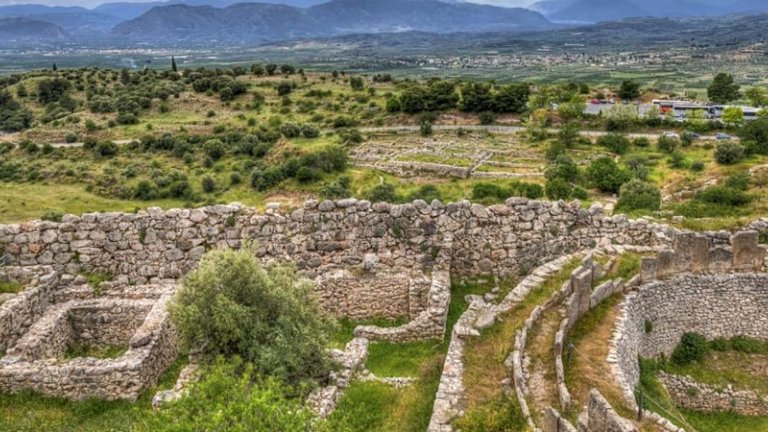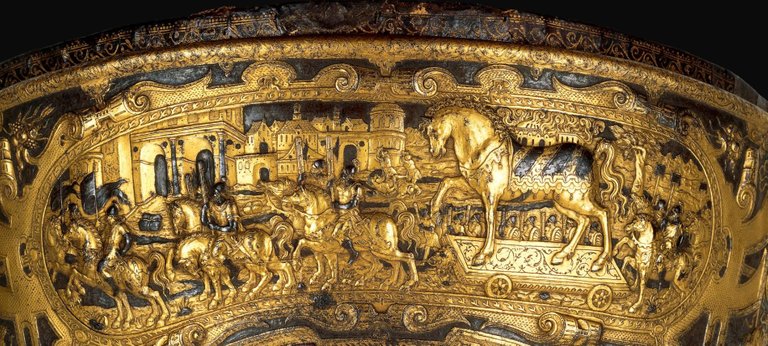The Lost City of Tenea
Excavations have found an abundance of archaeological treasures in the ancient lost city of Tenea, a beautiful Trojan city in ancient Greece. In ancient times, the region was renowned as the home of the mighty Trojan prince Troy. Many tourists visit this part of Greece to see the lost city and to witness the beauty of the ruins of the once-great city. There are several things to do in Tenea today that will appeal to even the most discerning traveler.
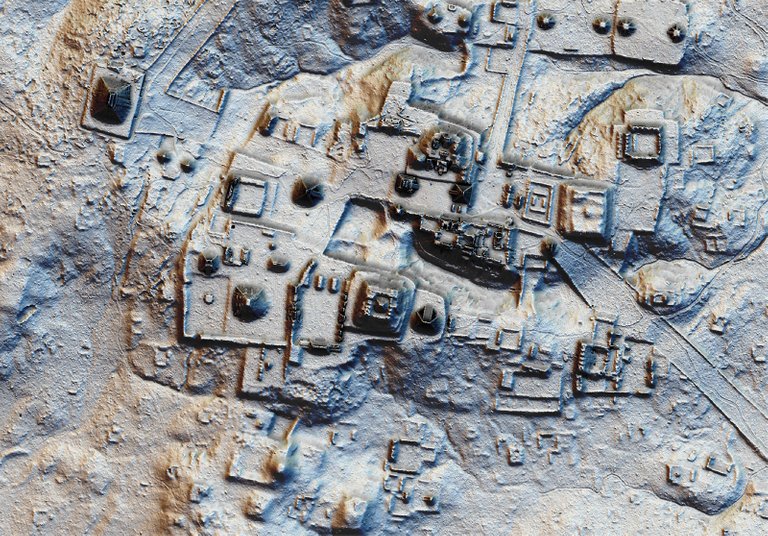
Excavations have revealed a wealth of archaeological treasures over the years. Recently, a group of archeologists led by Dr. Zivolaschi gathered for the first time the remains of the ancient city. These specialists excavated a wide area in the municipality of Kouloura, near the village of Paphos in northern Greece. They uncovered a wide selection of artifacts, including lamps, coins, sculptures, and even bathtubs. The exciting news is that a new archaeological laboratory has been established in Tenea and this means that further archaeological finds can be shared between researchers from all over the world.
The archaeological treasure in the region of Tenea was composed of many different types of items, including pottery and coins. These finds provide archeologists with an impressive glimpse into the ancient city's culture. At the center of the deposits were found numerous ceramic vessels which were decorated with stylized animals, among them the lion, dolphin, goat, horse, sheep and dragon. In addition to these finds, the researchers found a number of votive offerings, possibly votive figures, which were buried along with coins in clay pots. Among the most popular offerings found were images of female deities.
Now, the exciting news is that the Tenea excavations are going on again. This time, archeologists are discovering more artifacts than they had previously. Excavators are currently working around the clock to discover as much as they can about the lost city of Tenea. They are also trying to uncover remains of sacrificial offerings, which were located around the temple of Apollo at the center of the town. Other artifacts include a number of swords, spears, knives and other weapons.
As if this weren't exciting enough, archeologists have uncovered the remains of an ancient greek temple. The temple was built according to the ancient Greek architectural style, which was similar to the temples of the ancient period. At the center of the ruins of the temple, near the area where the votive offering was found, is a gold statue of Aphrodite. If this gold statue is real, it is the most important find so far from Tenea's ruins.
Since antiquities smuggling is a well-known industry, many of the artifacts uncovered during the previous searches have been sold or auctioned off. So far, one of these finds has sold for over two million dollars. The value of the artifacts found is not only their monetary value, but also their sentimental value. Many people are eager to purchase items that are made from bronze, pottery or even jewelry. If this gold statue was found while excavating an old Tenea temple, it could become an item that is purchased by a group of passionate collectors. It would then be sold to another group of antique enthusiasts.
The gold statue is just the beginning of what archeologists and others have uncovered. They have also discovered many other artifacts in addition to the gold temple and they will continue to find more as they continue their excavation around 200 years after the sack of Troy. The objects found so far include decorations made in the Mediterranean, such as mosaic tiles, wall paintings, earthenware and bowls. They have also discovered numerous coins from various countries and as far east as Mesopotamia. All of these objects have a connection to the city of Troy which has brought forth speculation that the lost city of Tenea was ruled by the ancient Greek civilization.
The name of the town of Tenea has also contributed to the speculation as to whether it was actually situated in Greece or not. The name of Corinthus can be found inscribed in one of the many greek historical texts that discusses the period of the fall of Troy. If Corinthus was actually situated in Greece, he would have been able to link his location to places that were near the site of the sack of Troy. Therefore, it is quite possible that the location of the gold flakes in the ancient Egyptian cemetery may also have been the result of an excavation in Greece or another country.
References
https://www.bbc.com/travel/article/20190915-the-discovery-of-the-ancient-greek-city-of-tenea
https://greekcitytimes.com/2019/10/25/spectacular-treasures-lost-city-tenea/
Posted with STEMGeeks
